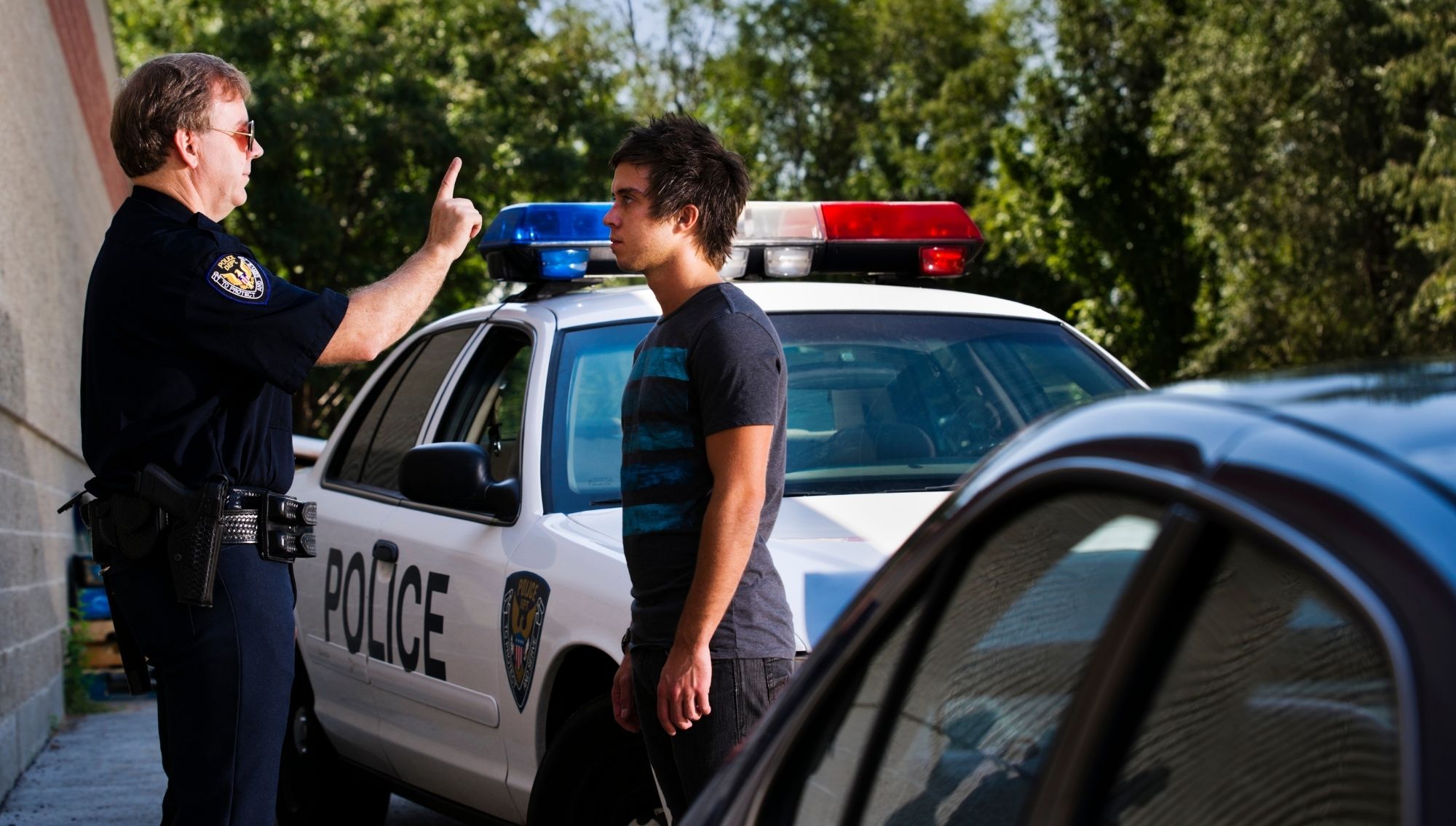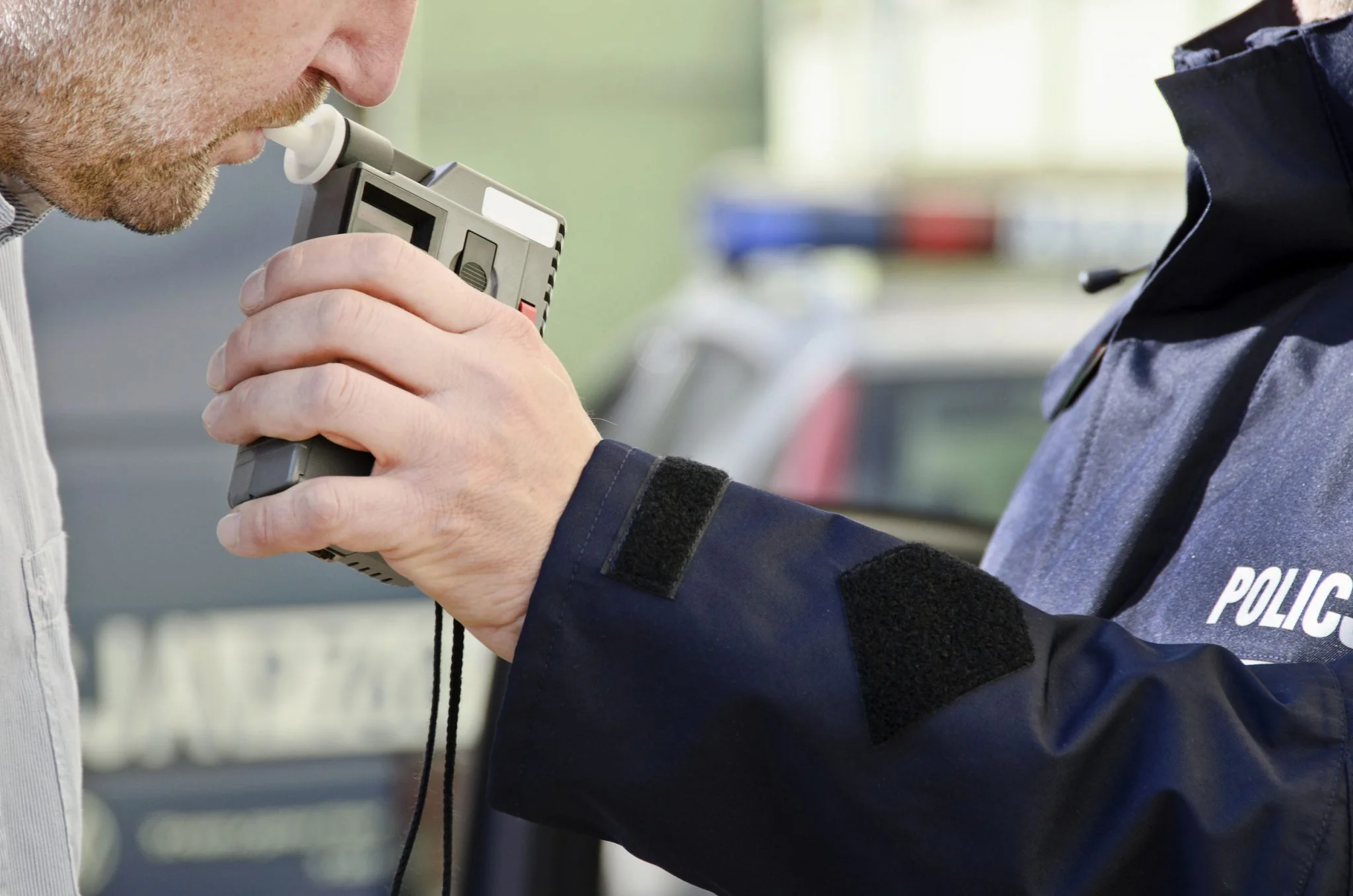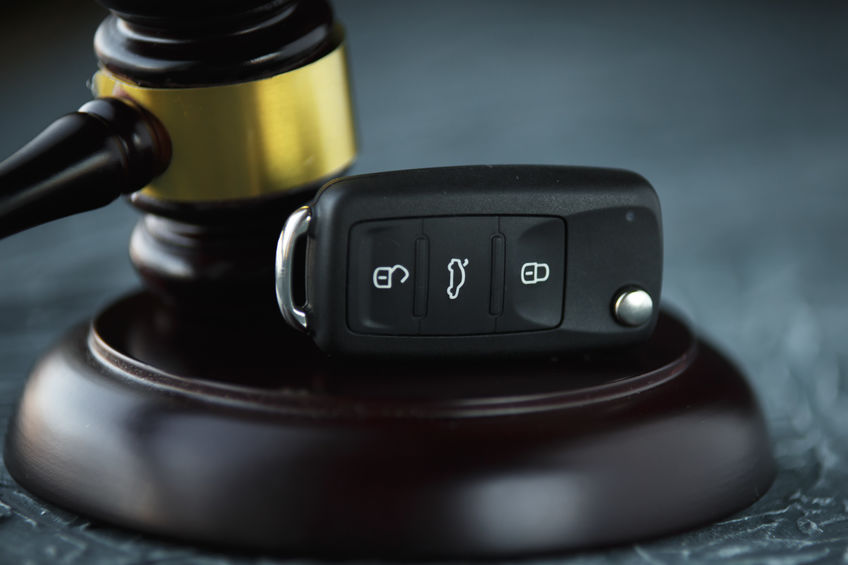Wicomico County DUI Charges | Eastern Shore Maryland

DUI Lawyers In Wicomico County, Maryland
The DUI laws in Maryland are pretty straightforward, but there can be a lot of factors surrounding a DUI charge. Although a DUI is a criminal offense, DUI charges are brought against you by the state and not by your victim or anyone else that was harmed as a result of the DUI incident. DUI charges mean that you will have to appear in court on the DUI charges and DUI offenses will stay on your record for an indefinite time period. DUI cases can be complicated depending on your case, but they do not have to be there are ways that you can help yourself in DUI cases.
Strict DUI Laws In Maryland
It’s important to note that the DUI laws in Maryland are strict, especially for repeat offenders or drivers under the age of 21. DUI is a crime that can be punishable as a misdemeanor or as a felony depending on your DUI history and any other factors surrounding your DUI case. DUI charges do not only encompass driving under the influence, but it also covers DUI’s where someone else was injured and DUI cases where you actually hurt someone. DUI penalties may include DUI fines, DUI jail time, and DUI license suspension. DUI charges can be very costly depending on your DUI case and the DUI penalties may include high DUI accident fees and DUI accident restitution.
DUI Charges VS DUI Arrest
A DUI charge is different from a DUI arrest because you do not actually have to be arrested for a DUI offense, but if you are arrested with any degree of DUI you will have to appear in court for DUI charges. DUI arrests can also come with DUI citations that are not criminal penalties, but they do indicate that the DUI police officer felt that there was enough probable cause for DUI charges. DUI arrests can become DUI convictions if the case goes to trial and it is up to the prosecutor to prove your DUI case beyond a reasonable doubt. DUI arrests can also come with DUI misdemeanors or DUI felonies depending on the DUI circumstances. For more information, contact our office to learn how. we may be able to help you.
Call Britt Criminal Defense Today




